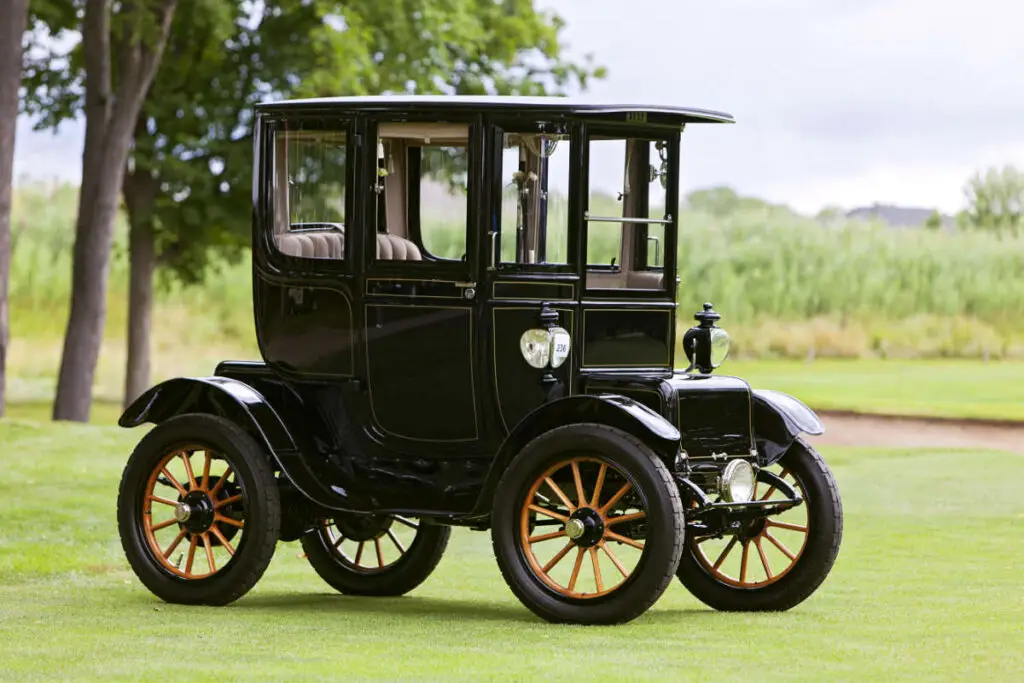The History of Electric Cars
Electric vehicles are not new, but in recent years they have started to be taken much more seriously as an alternative to gasoline-powered vehicles.
You may think of electric vehicles as new technology, but you may be surprised to learn that they have been around for a long time. In fact, pretty much as long as the automobile itself.
The first electric car made its debut around 1890, and by the early 1900s, electric vehicles were available on the market to anyone who could afford one. Innovators such as Ferdinand Porsche had tried to improve on their performance by inventing the first gas/electric hybrid vehicle in 1898, and Henry Ford looked for lower cost options for manufacturing electric vehicles. But the end for the electric vehicle ultimately came as a result of Ford’s low-cost mass production. Introduced in 1908, Ford created a low-cost gasoline-powered Model T for the masses. It sold for around $650, compared to competing electric models that sold for roughly three times that amount.
But electric vehicles didn’t disappear entirely. They made a resurgence in the 1970s and then again in the 1990s, but this time with a new cause – combating global warming. Beginning in the 1990s, Canada and the United States began introducing vehicle emission reduction targets, and vehicle manufacturers began exploring alternatives through advanced battery technology and hybrid options in order to meet government targets and a growing consumer demand for environmentally friendly vehicles.
When Toyota launched the first Prius Hybrid, in the 1990s, it moved electric vehicles from obscurity to mainstream acceptance. Tesla introduced the first all-electric vehicle to the market in 2008, and the Nissan Leaf and Chevrolet Volt were introduced in 2010.
Electric vehicles are now becoming mainstream and more and more drivers are seeing the benefits of making the switch.
The B.C. government has mandated that, by 2035, 100% of all new light-duty vehicles sold in B.C. will be electric. Other jurisdictions like California, Quebec, and most EU countries, have also set aggressive timelines.
By 2035, it is likely that vehicle manufacturers will have completely transformed their production lines to 100% electric.






